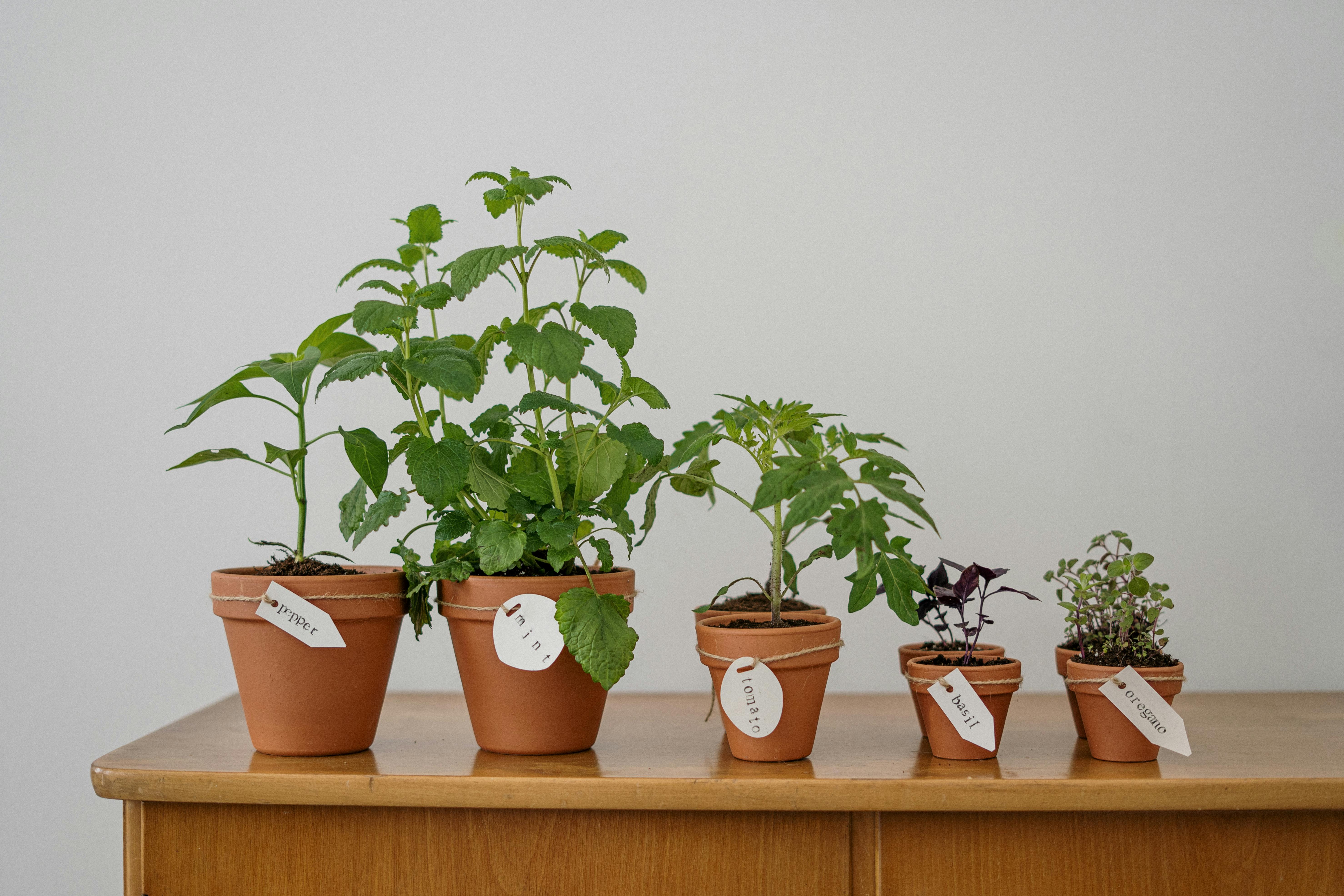Are tomato plants toxic to chickens? This is a question that many people have, especially if they are raising both chickens and tomatoes in their backyard. The answer is not straightforward, as it depends on several factors. There are some parts of the tomato plant that can be dangerous for chickens if consumed, while other parts may be safe. It is important to understand the risks associated with feeding chickens tomatoes and tomato plants in order to ensure the health and safety of your flock.
Is Eating Tomatoes Safe For Chickens?
Tomatoes are a popular and widely available fruit that can provide chickens with a number of nutritional benefits. While some people may worry that the acidity in tomatoes can make them dangerous for chickens to eat, the truth is that tomatoes are generally safe for chickens to consume.
Tomatoes are full of important vitamins and minerals like vitamin C, potassium, and lycopene. These can help chickens stay healthy and provide them with a boost of energy. Additionally, tomatoes contain dietary fiber which helps promote digestive health in chickens.
Despite their nutritional benefits, it is important to be aware that tomatoes should not be fed to chickens in large quantities. This is because the acidity in tomatoes can cause issues like upset stomachs and diarrhea if too much is consumed. It is best to feed your chickens small amounts of tomatoes as part of a balanced diet, rather than as a main source of food.
In general, eating tomatoes is safe for chickens and can provide them with important nutrients that will help keep them healthy. Just remember to limit the amount you feed your chickens at one time so they do not become ill from consuming too much acidity.

Can Chickens Eat Tomato Leaves Safely?
Yes, chickens can eat tomato leaves safely. Tomato leaves are a great source of vitamins A, C, and K, as well as minerals such as calcium and iron. They are also high in fiber and antioxidants which can be beneficial for chickens’ digestive health. However, it is important to note that tomato leaves contain solanine, a naturally occurring alkaloid that can be toxic in higher concentrations. Therefore, it is important to feed tomato leaves sparingly and only in small amounts.
When feeding tomatoes or tomato leaves to your chickens, always make sure they are washed thoroughly to remove any pesticides or other contaminants that may have been applied during the growing process. Additionally, make sure not to feed any wilted or moldy tomatoes or leaves, as these may contain increased levels of solanine which can harm your chickens.
It is also important to remember that while the occasional tomato leaf may be safe for your flock, they should not be used as a mainstay of their diet. Feeding too much of one food item can lead to nutritional deficiencies in your birds over time. Therefore it is best to use the occasional tomato leaf as an occasional treat rather than a regular part of their diet.
Overall, tomatoes and their leaves can provide some great nutritional benefits for your chickens when fed sparingly and as an occasional treat. Just make sure they are washed properly beforehand and never feed them wilted or moldy leaves as this could potentially cause harm to your birds due to increased levels of solanine.
Preventing Tomato Plant Toxicity in Chickens
Tomatoes, and their plant parts, can be toxic to chickens and other poultry. If ingested, the leaves, stems, fruit, and green unripe tomatoes can cause a range of symptoms from digestive upset to paralysis. To prevent tomato plant toxicity in chickens it is important to limit their access to tomato plants or foliage.
Start by keeping tomato plants away from your flock’s coop or outdoor areas where they may roam freely. If you have a garden with tomatoes in it, make sure that the garden is fenced off or covered so that the chickens cannot access it. If possible, raise your tomatoes in containers on a patio or balcony away from the chicken’s area.
You should also remove any fallen leaves or fruit from around your tomato plants as soon as you can so that the chickens do not have access to them. Additionally, avoid composting plants that have been affected by blight as these can also be toxic to chickens when ingested.
If you are growing tomatoes indoors and want to provide some of the foliage for your flock as a treat, make sure that you are only giving them ripe tomatoes (they will be red) and only feeding them small amounts at a time – no more than 10% of their diet should come from treats like this. It is also best to avoid giving them any stems or leaves as these can contain higher levels of alkaloids than ripe tomatoes do.
By following these tips you can help prevent tomato plant toxicity in your flock while still allowing them access to occasional treats like fresh tomatoes!
Alternative to Tomatoes for Feeding Chickens
Chickens are omnivores and enjoy a diet that consists of various fruits and vegetables. Tomatoes are a popular treat for chickens, but they aren’t the only vegetable that chickens can enjoy. There are plenty of other vegetables, fruits, grains, and proteins that make excellent alternatives to tomatoes for feeding chickens.
Vegetables such as carrots, celery, spinach, kale, and green beans are all great alternatives to tomatoes for feeding chickens. These vegetables are all packed with essential vitamins and minerals that will help keep your flock healthy and happy. Carrots provide beta-carotene while celery is rich in Vitamin E. Spinach is an excellent source of Vitamin A and iron while kale is full of calcium and other nutrients. Green beans offer up Vitamin C as well as fiber to keep your chickens feeling full throughout the day.
Fruits are another great alternative to tomatoes for feeding chickens. Apples, pears, peaches, watermelon, cantaloupe, strawberries—all these fruits make great treats for chickens! Fruits provide a variety of vitamins and minerals in addition to being a tasty treat. Apples provide Vitamin C while pears are packed with antioxidants. Peaches contain Vitamin A while watermelon is full of potassium. Cantaloupe offers up Vitamins B6 and B12 while strawberries provide magnesium and folate—just to name a few!
Grains such as oats, barley, wheat berries, quinoa, millet—these grains can be used as alternatives to tomatoes when feeding chickens too! Oats offer up fiber while barley contains selenium which helps support the immune system in birds. Wheat berries provide protein while quinoa is packed with essential amino acids like lysine which helps promote healthy growth in birds. Millet provides iron which helps keep your flock’s feathers looking shiny and healthy!
Finally there’s proteins such as eggs (cooked or scrambled), yogurt (plain or flavored), cooked beans (chickpeas or black beans) or small amounts of cooked meat (chicken or beef). These proteins make excellent alternatives to tomatoes when feeding chickens too! Eggs offer protein along with other essential nutrients like choline which helps promote brain development in birds. Yogurt provides both calcium and probiotics which help support digestive health in birds while cooked beans contain protein along with fiber which helps keep them feeling full throughout the day. Small amounts of cooked meats also provide essential proteins that help support muscle growth in birds!

Conclusion
Tomato plants are not considered to be toxic to chickens. The leaves, stems, and fruit of the plant are all safe for chickens to eat. In fact, tomatoes can be a great source of vitamins and minerals for chickens. While there is some anecdotal evidence that tomato plants can cause health problems in chickens, there is no scientific proof to support these claims. It is important to always monitor your chickens’ health and feed them a balanced diet in order to ensure their good health.
Therefore, it is safe to say that tomato plants are not toxic to chickens and can even provide some health benefits. It is important to remember that all animals have different dietary needs and that what may be good for one animal may not be good for another. Always research any food you plan on feeding your chickens before doing so in order to make sure they get the best nutrition possible.

